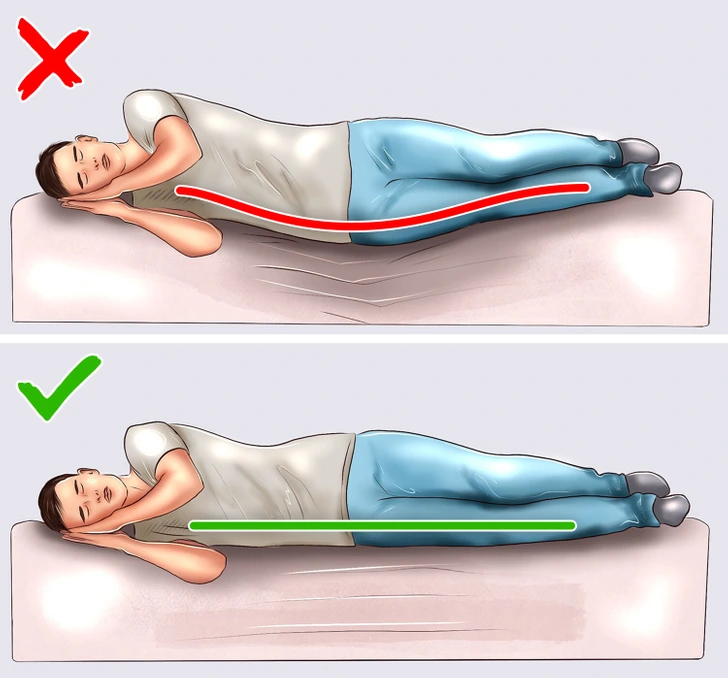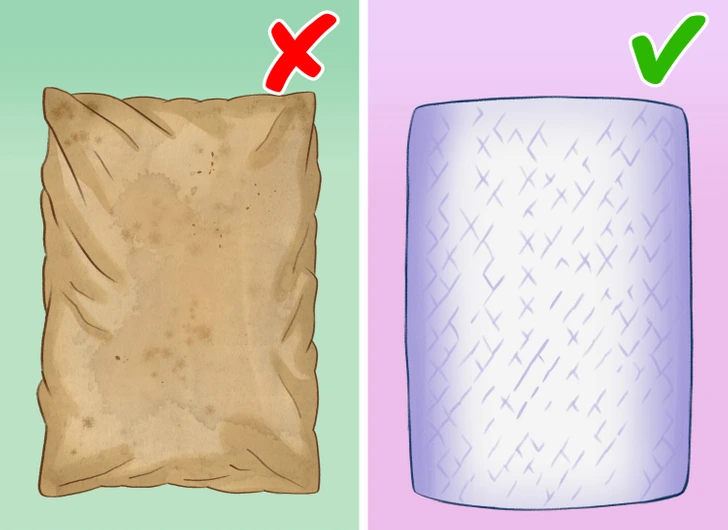Snoring might not seem like a big deal to the person doing it, but for those sharing the same room—or bed—it can feel like an all-night concert they never signed up for. While snoring isn’t usually harmful to your health, it can be a symptom of underlying issues and a source of frustration for everyone involved. Fortunately, you don’t have to let snoring ruin your nights. Here’s a guide packed with practical, home-based solutions to help reduce snoring and improve your sleep quality.
Why Do People Snore?
Before diving into the fixes, it’s important to understand why snoring happens. Snoring occurs when air flows through relaxed throat tissues, causing them to vibrate as you breathe. Factors like sleeping position, lifestyle habits, or even your anatomy can contribute to snoring.
1. Choose the Right Mattress for Support

Sleeping on a mattress that’s too soft can do more harm than good. When your mattress lacks firmness, your lower back and hips may sink in, which affects your spine alignment and could worsen snoring. Opt for a firm mattress that offers proper support to maintain the natural curve of your spine. A supportive sleeping surface can prevent your airway from collapsing, reducing snoring.
2. Sleep on Your Side

Sleeping on your back might feel comfortable, but it’s a major culprit for snoring. When you lie flat on your back, your tongue can fall backward, partially blocking your airway and increasing snoring. Switching to a side-sleeping position helps keep your airway open and reduces the chances of snoring. For added support, try using a body pillow—it can make side sleeping more comfortable and prevent you from rolling onto your back during the night.
3. Try Sleeping Face Down

Known as the “freefall” position, sleeping face down can help reduce snoring by keeping your airway open. This position involves lying on your stomach with your head turned to one side and your arms wrapped around a pillow. While not everyone finds this position comfortable, it’s worth a try if you struggle with chronic snoring.
4. Elevate Your Head While Sleeping

If side or stomach sleeping isn’t your thing, elevating your head while sleeping can also help reduce snoring. Propping up the head of your bed a few inches or using an extra pillow can create an angle that prevents your tongue and soft palate from collapsing into your airway. This simple adjustment may improve airflow and reduce vibrations in your throat.
5. Practice Singing Exercises

Did you know that singing can help reduce snoring? It’s not just about hitting the high notes; it’s about strengthening the muscles in your throat. By practicing vocal exercises for 20 minutes daily, you can tone these muscles and prevent them from relaxing too much during sleep, reducing the likelihood of snoring.
6. Hug a Body Pillow

A body pillow isn’t just a cozy addition to your bed; it can also work wonders for your sleep posture. Hugging a pillow while sleeping on your side provides full-body support, which can help prevent you from rolling onto your back. This habit is especially helpful for those with sleep apnea, as it encourages a position that keeps the airway open.
7. Open Your Nasal Passages

Blocked nasal passages can exacerbate snoring. Using a neti pot to clear your sinuses is an effective way to keep your airways open. Simply pour distilled or sterile water into one nostril and let it flow out through the other. While it may feel odd at first, this method can significantly improve airflow and reduce snoring.
8. Change Your Pillows Regularly

Pillows can harbor dust mites and allergens over time, which may irritate your airways and contribute to snoring. To avoid this, make it a habit to replace your pillows every six months. Keeping your bedding clean and allergen-free can also make a big difference.
9. Incorporate Regular Exercise

Exercise isn’t just for staying in shape; it can also help with snoring. Toning your body strengthens all your muscles, including those in your throat, preventing them from becoming too relaxed during sleep. Even light exercise, like yoga or brisk walking, can be beneficial.
10. Reduce Tongue Fat

Did you know your tongue could be contributing to your snoring? Research has shown that excess fat in the tongue can obstruct the airway and worsen sleep apnea. Losing weight overall can help reduce tongue fat, improving airflow and reducing snoring. Focus on a balanced diet and regular physical activity to achieve this.
Conclusion
Snoring doesn’t have to keep you or your loved ones awake at night. By making simple changes, such as adjusting your sleeping position, practicing vocal exercises, or maintaining a clean sleep environment, you can significantly reduce snoring and enjoy a more peaceful night’s rest. If these solutions don’t work, it might be time to consult a doctor or visit a sleep clinic to explore further options. Sleep is too important to compromise—take steps today for better nights ahead!


